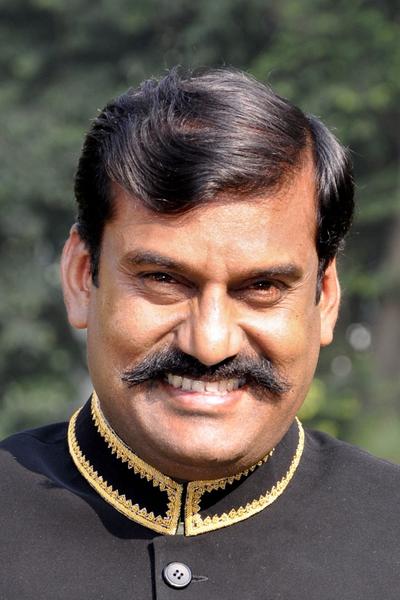Risen from humble beginnings, Napoleon Bonaparte (Joaquin Phoenix) finds himself endlessly victorious in battle, but constantly finds himself in thrall to his unfaithful wife Josephine (Vanessa Kirby) and at odds with the political landscape of post-Revolution France and his ambitions abroad, all of which bring him into conflict with Tsar Alexander (Edouard Philipponnat) and the Duke of Wellington (Rupert Everett)...
Much of what makes 'Napoleon' great is what has made Ridley Scott one of the most celebrated directors of our time. There's an incredible level of detail in design, in cinematography, and in pacing, but it also zips along when needed. Napoleon's time in Egypt is summed up in one scene where he fires a cannon at the Pyramids of Giza, yet a terrific battle sequence in the frozen fields of Austerlitz shows all of the intricacies of Scott's choices. Later, when Napoleon and Wellington cross swords at Waterloo, both actors - Jaoquin Phoenix and Rupert Everett - are given more than enough space between the action to portray the petulance and the pomposity of their respective characters.
Broadly speaking, there are two roads a biopic can choose to walk - one zeroes in on a specific time and event in a person's life, while the more ambitious one aims for the whole scope of life. In 'Napoleon', Ridley Scott has assiduously chosen to focus on Boney's military career. The best parts of the movie show the sheer scale of these battles, with horses flying over cannonfire and sweeping vistas of war set to booming orchestral music. The term 'epic' is thrown around these days, but to see a true master at work in this reminds us of how poorly shot and directed battles in comic-book movies often are. Here, there's a robust flavour to it and each of the sequences are distinctly unique. Austerlitz has a viciousness to it, while Waterloo obviously feels like an inevitable collapse.
Joaquin Phoenix imbues Napoleon with a real sense of personality, all churlish anger one minute and bombastic excess the next. There's even a hint of comedy in how Phoenix portrays him, with one scene sees him lashing out at an especially superior diplomat. "You think you're so big because you have boats!", Napoleon roars like a toddler throwing a tantrum. It's terrific stuff, but what holds it back is how mismatched Phoenix is with Vanessa Kirby. Though she gives a splendid performance, it feels far more restrained and withholding in comparison, and the two never seem to be acting in the same movie. Their relationship is one of the pillars of 'Napoleon', yet it's the weakest one and consequently pulls the whole thing down on itself.
By overextending itself and trying to equate his tumultuous marriage to Josephine with his conquests, David Scarpa's script finds itself in search of thin parallels and very often leaves the whole thing unresolved. More than that, Napoleon himself is such a divisive and massive figure in history that there were many other paths and points to examine in his life - why these, when there's so much more? That said, some of the dialogue in 'Napoleon' drips with bitter humour. Rupert Everett, as mentioned, just revels in playing the snobbish Wellington with an arrogance on par with a 'Star Wars' villain.
'Napoleon' is a frustrating movie. It has scale, style and the battle sequences are absolutely terrific. You really get the sense that Ridley Scott is doing his utmost to make something his idol Stanley Kubrick would be proud of. Beyond the technical brilliance and the deft casting choices, 'Napoleon' falls over itself trying to everything else. Much like the titular character, it reaches too far and finds itself adrift in a sea of its own poor choices. Still, when it's in its full power and galloping at high speed, its victory is unstoppable.
















































































